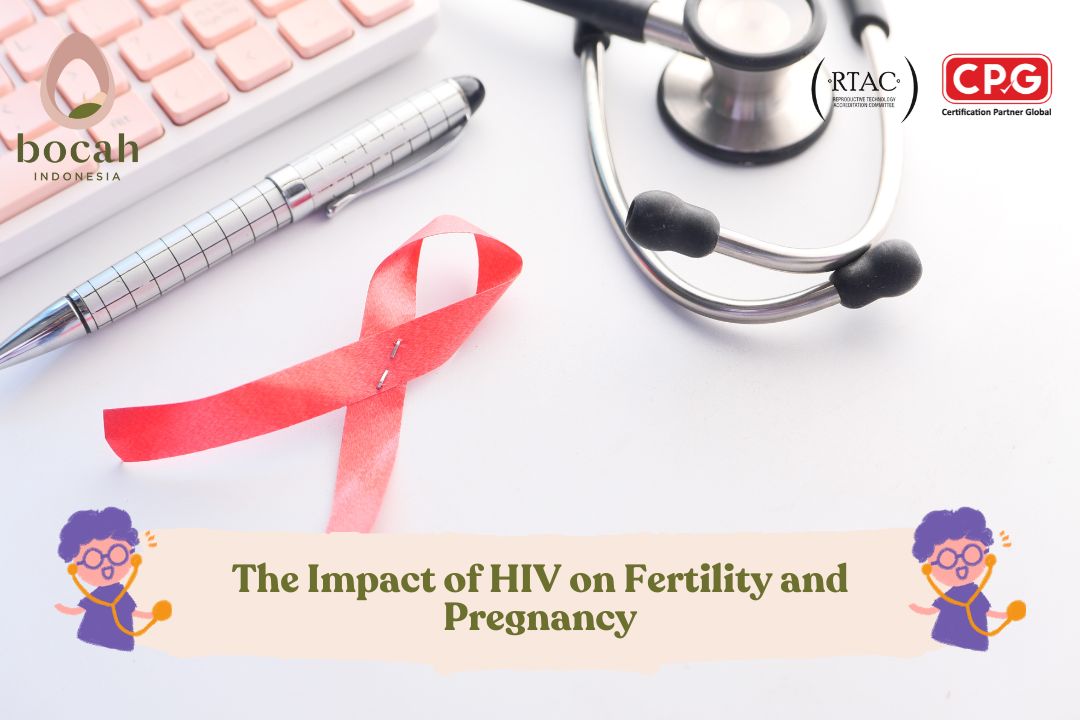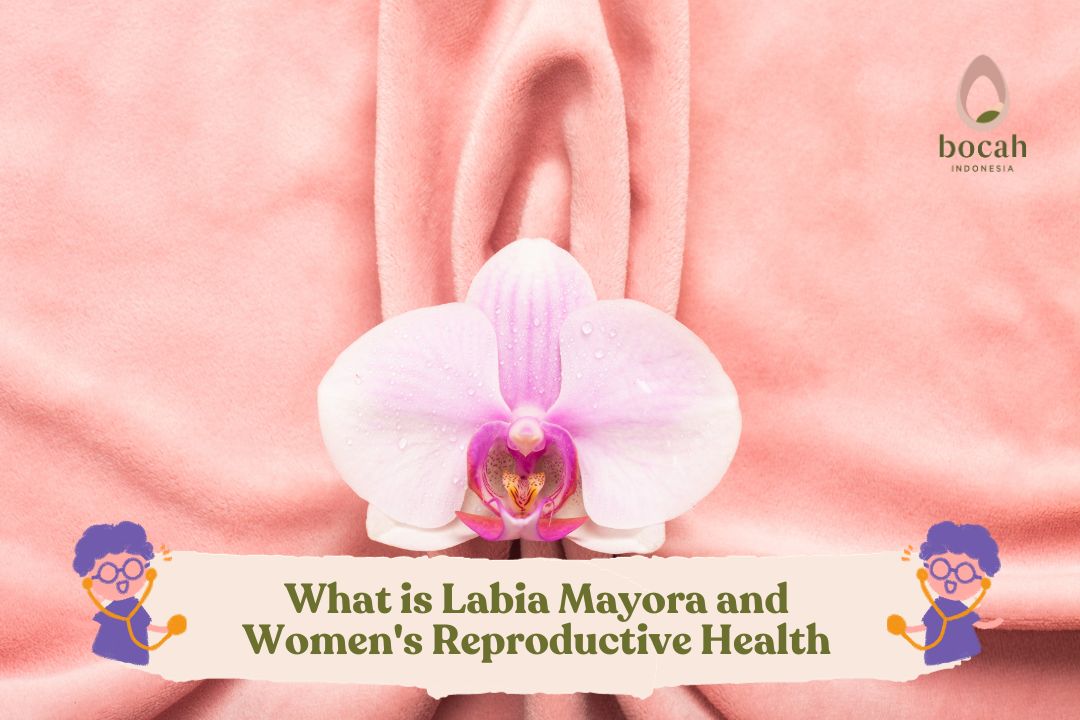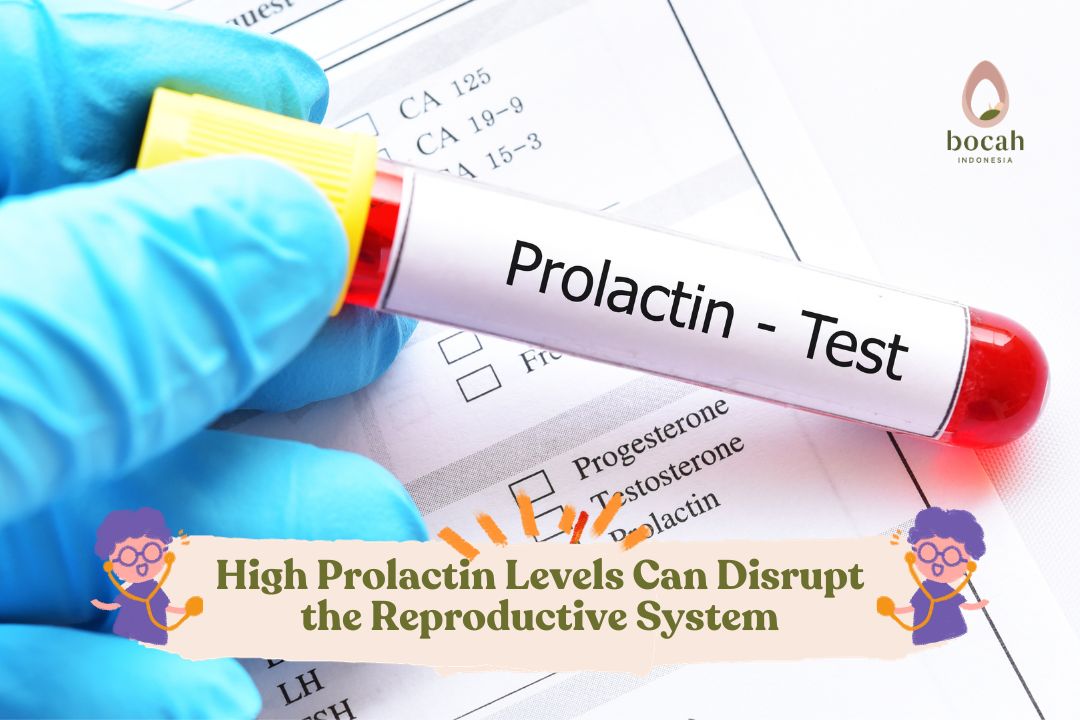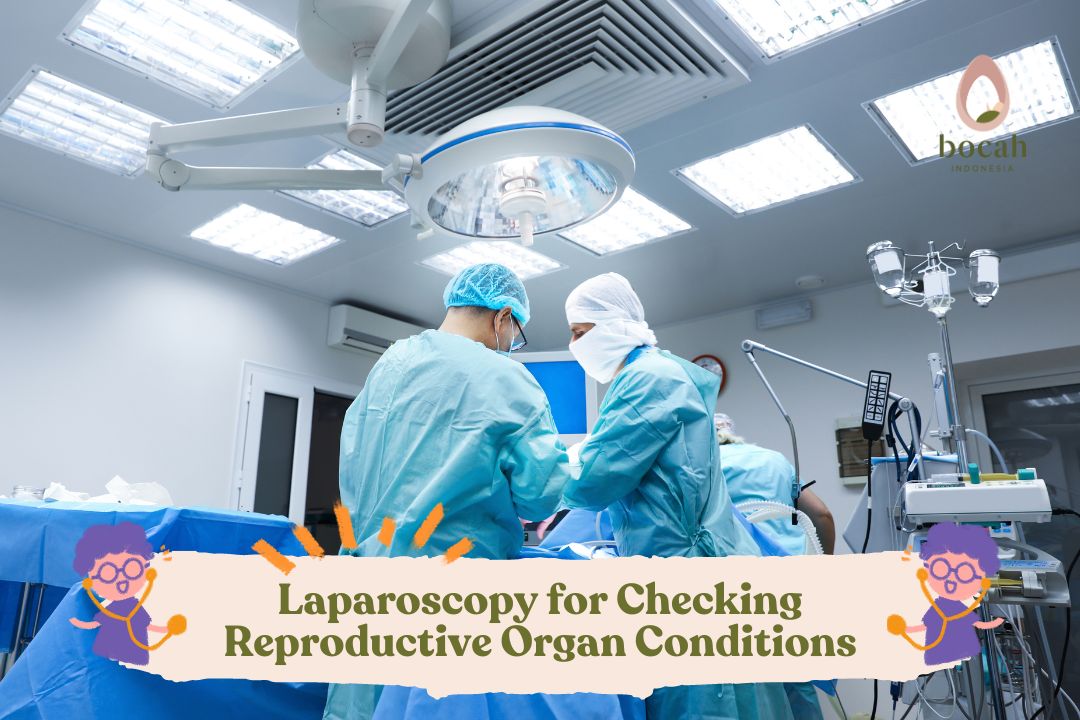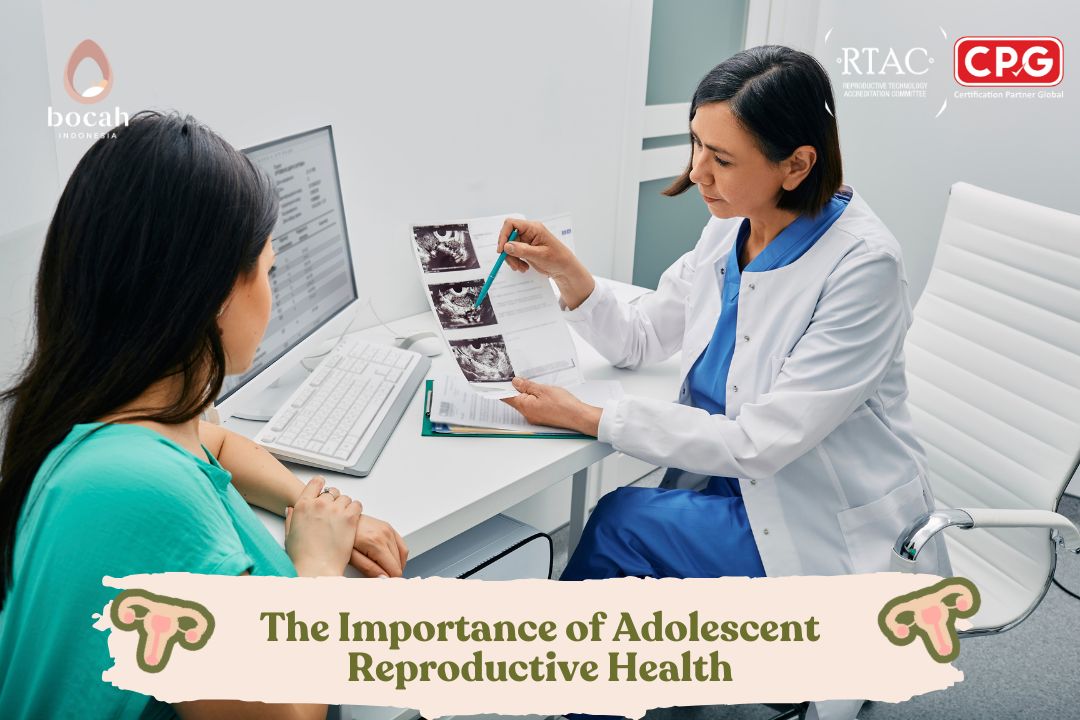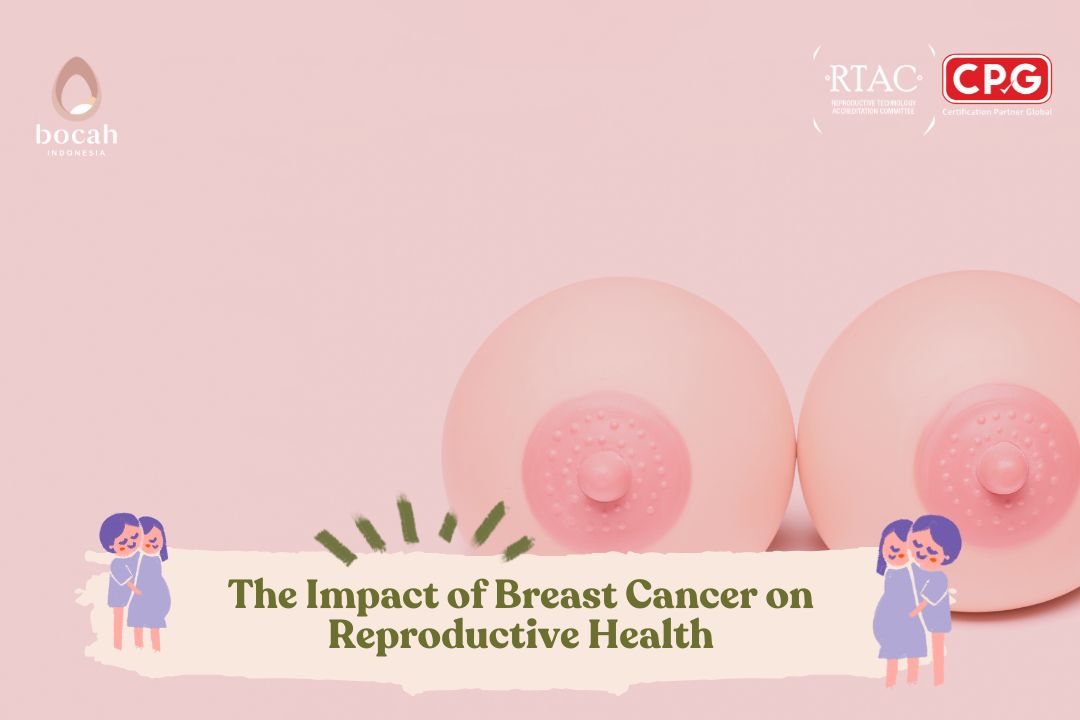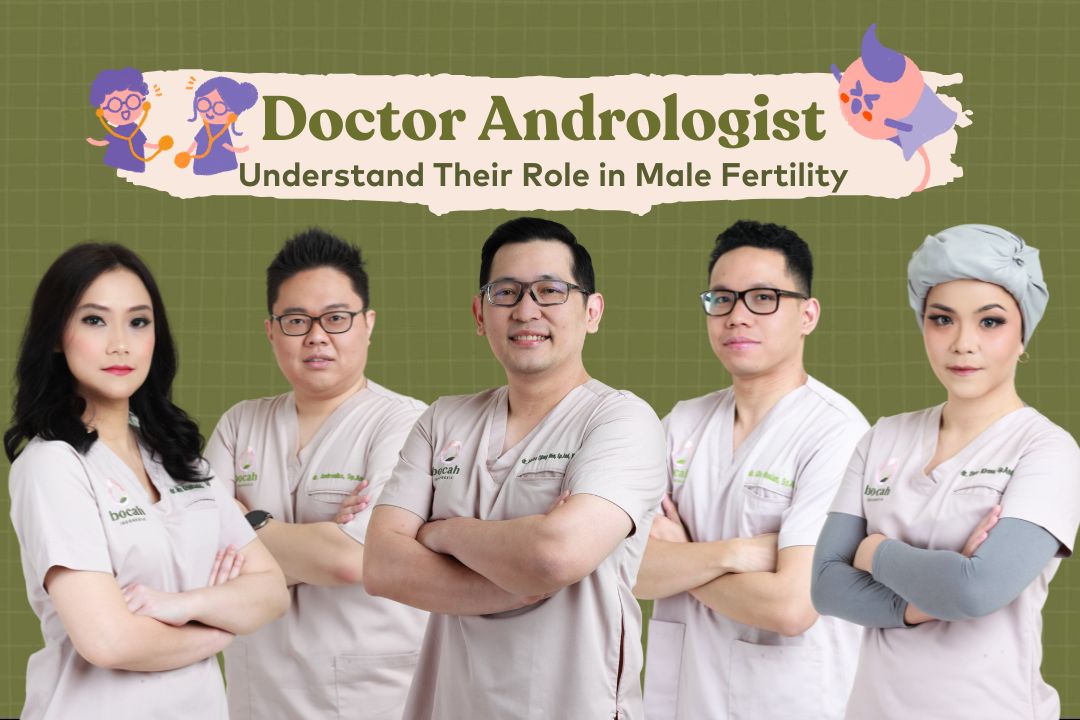Assisted Reproductive Technology, a Solution for “Disturbed” Couples
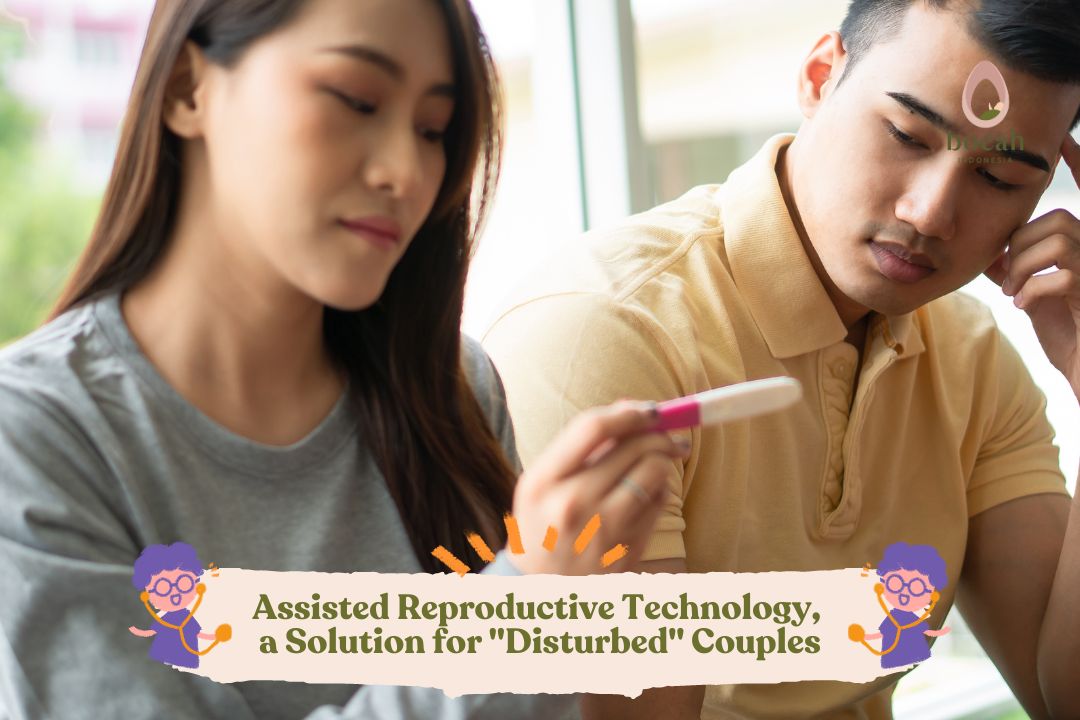
For couples who have difficulty conceiving after being married for 1 year and having regular unprotected intercourse, they will explore various methods to have children. One of the chosen methods is undergoing a pregnancy program. Assisted Reproductive Technology (ART) is an option that married couples can choose to achieve pregnancy. This procedure is typically chosen by couples who are facing fertility issues (infertility).
This technology assists couples who have difficulty achieving pregnancy naturally through medical procedures performed by fertility experts.
What is Assisted Reproductive Technology?
According to the Ministry of Health Regulation No. 43 of 2015, Assisted Reproductive Technology (ART) services are efforts to achieve pregnancy outside the natural method without the process of sexual intercourse between spouses. If natural methods have been attempted but are unsuccessful, the next step involves medically combining sperm and eggs through a procedure.
There are two types of assisted reproductive technologies: intrauterine insemination (IUI) and in vitro fertilization (IVF). These two methods are carried out when the married couple is facing fertility issues.
Intrauterine Insemination (IUI)
Artificial insemination, or intrauterine insemination (IUI), is a procedure where the father’s sperm is washed and then inserted into the mother’s uterus. This procedure is performed when the quality of the sperm is suboptimal but still adequate. This technique facilitates natural fertilization. This pregnancy program is considered safer and more cost-effective.
Tanya Mincah tentang Promil?
Some indications for couples to consider artificial insemination for a pregnancy program include:
- Mothers with ovulation disorders such as polycystic ovarian syndrome (PCOS)
- Mothers with mild endometriosis
- Fathers or mothers with specific medical conditions such as HIV or hepatitis
- Fathers with fertility issues like abnormal sperm, erectile dysfunction, ejaculatory disorders, or other conditions
- Unexplained infertility
In Vitro Fertilization (IVF)
Program The IVF program involves fertilizing eggs and sperm outside the body, usually in a specialized laboratory. Fertilization occurs in this controlled environment, and fertilized eggs (embryos) are then implanted into the mother’s uterus after monitoring their development.
Couples usually opt for the IVF program if they face conditions like:
- Father’s sperm issues that cannot be corrected with medication or surgery
- Lack of success after 3-4 attempts of intrauterine insemination (IUI)
- No pregnancy after repairing fallopian tubes for six months
- Moderate to severe endometriosis
- Idiopathic infertility
- Ovulation disorders and decreased egg reserves
- Ovarian reserve issues
- Recurrent idiopathic miscarriages
- Medical conditions assessable through Preimplantation Genetic Testing (PGT)
Advantages of IUI and IVF for Pregnancy Although both insemination and IVF are assisted reproductive technologies, they have their respective advantages. Here are the advantages of IUI and IVF programs that you, as a couple, should know.
Advantages of IVF:
- Higher success rates in achieving pregnancy
- Increased chances of pregnancy for women with blocked fallopian tubes
- Optimized egg and sperm fertilization due to controlled egg retrieval
- Embryo fertilization occurs in a laboratory, allowing for monitoring by embryologists
Advantages of IUI:
- Simpler technique compared to IVF
- Lower costs
- Faster procedure compared to IVF
Now that you know about different types of assisted reproductive technologies, don’t worry. You and your partner can undergo examinations to determine the most suitable pregnancy program. Stay strong and keep fighting for your dream of becoming parents!
Source:
- Peraturan Menteri Kesehatan Republik Indonesia. Pelayanan Reproduksi dengan Bantuan atau Kehamilan di Luar Cara Alamiah.
- Rajuddin, Baziad, A. Etik, Hukum dan Sosial Pada Penanganan Infertilitas.


